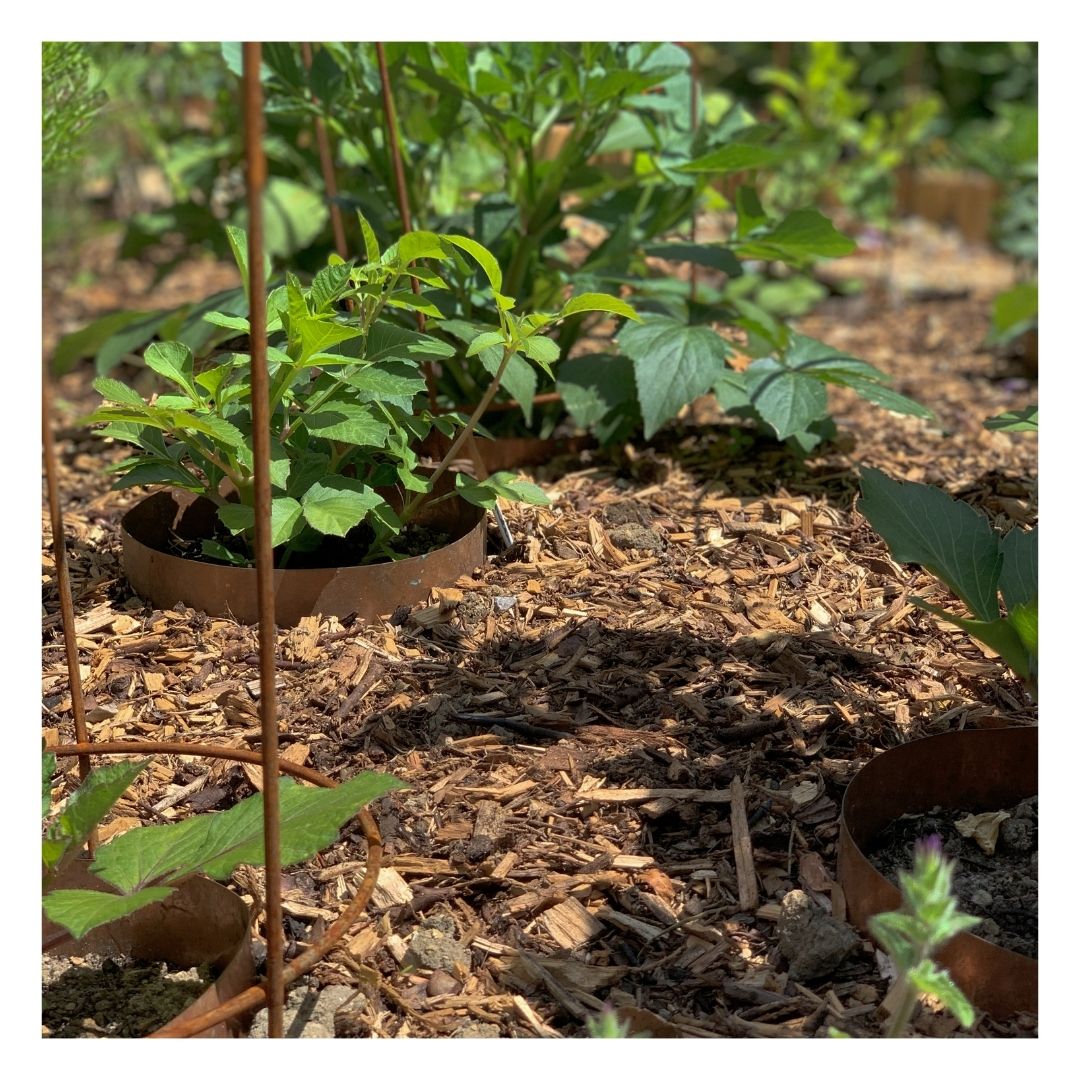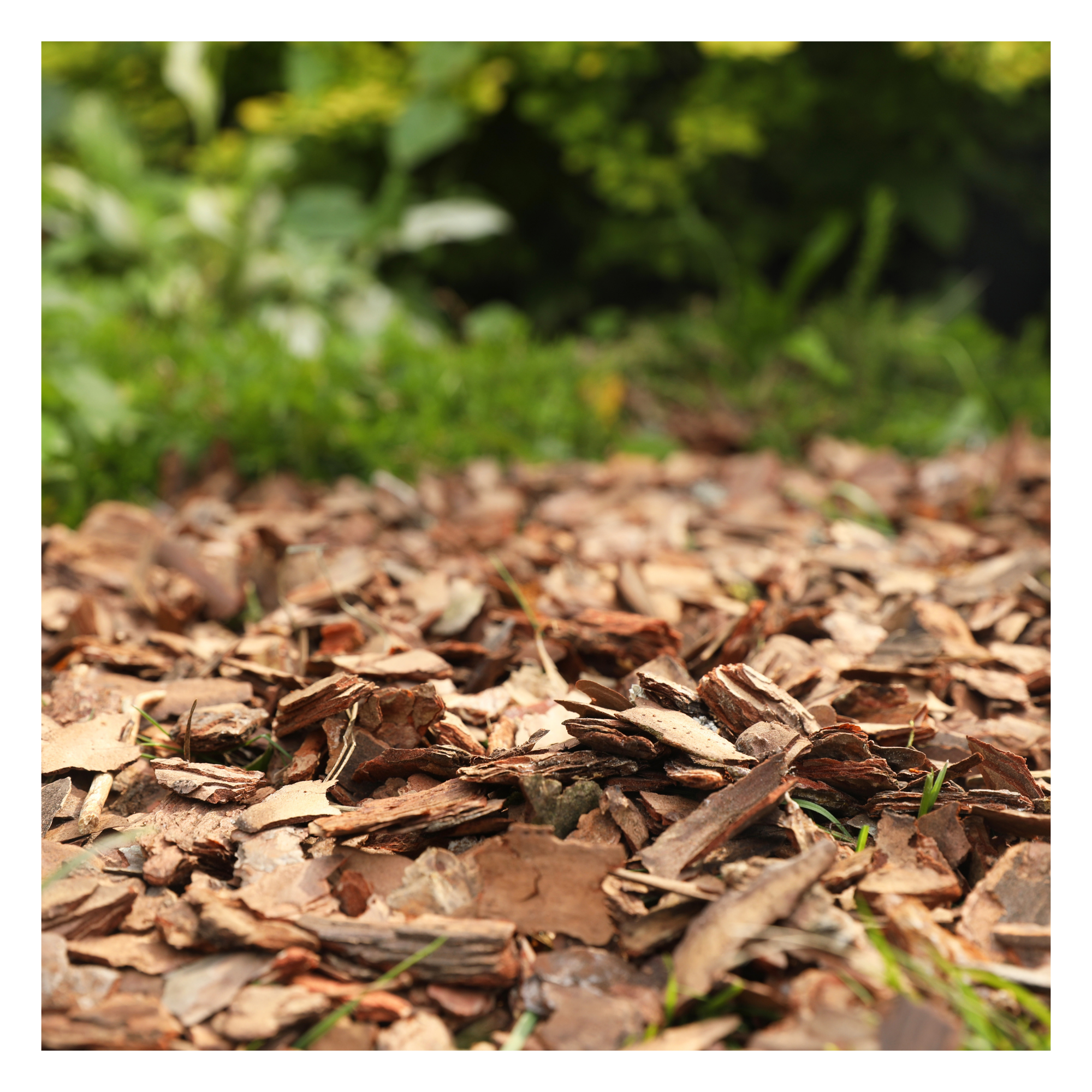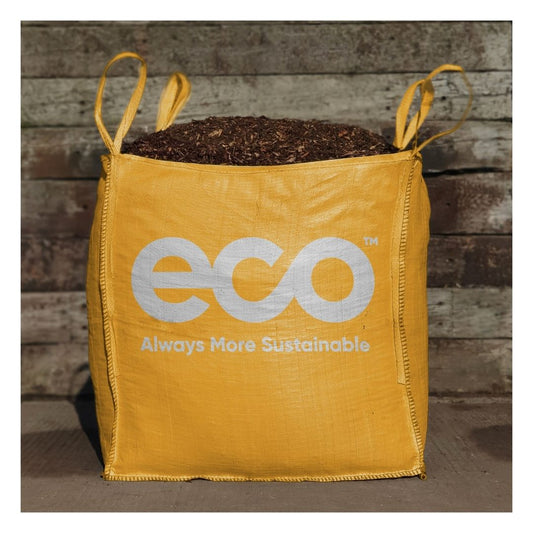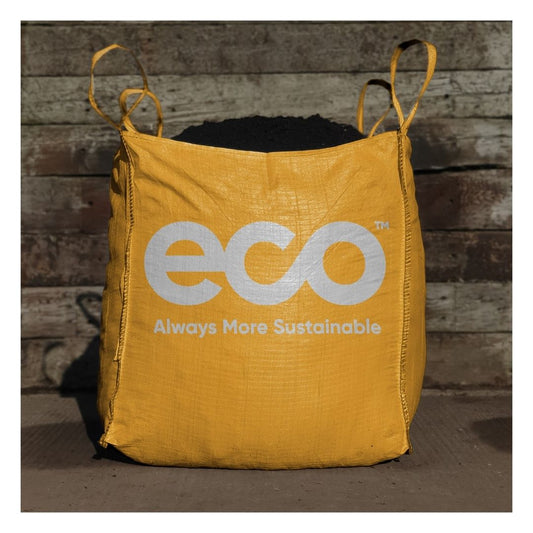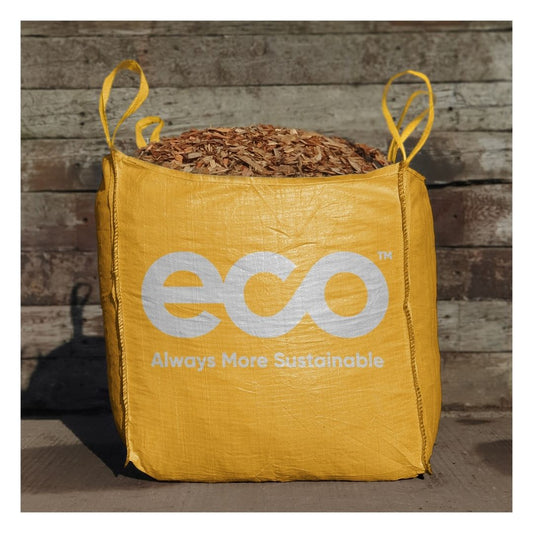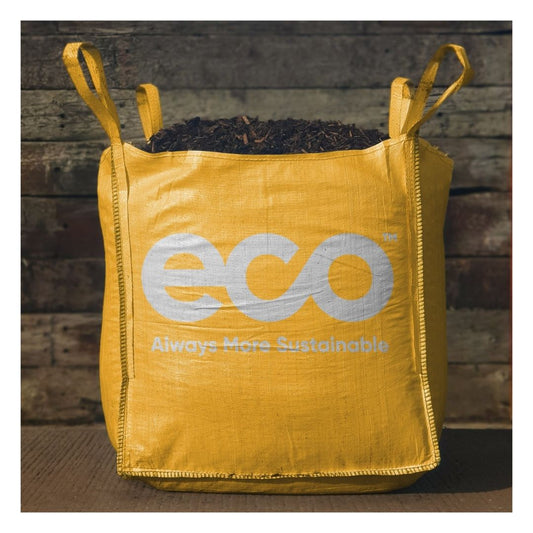Landscaping With Recycled Materials
Your clients are environmentally aware, there’s no doubt about it. Companies are never setting out on a mission to harm the environment, change our climate for the worse or create greenhouse gases. However, businesses also have to make money and sometimes (rightly or wrongly) business comes before the environment, especially when cost is involved. Part of your responsibility as a landscaper is to advise your clients on the best materials and practices to go for during a landscaping project. This could be to ensure that the client gets the most longevity out of the project, the best value for money, or even simply for the aesthetics. Luckily for you (and the environment), recycled materials and products are becoming more available and more cost effective and generally better to use, making that argument for recycled materials easier than ever and helping to protect the environment.
Today, there are countless recycled alternatives to well established products used in the landscaping industry. Wood, for instance, is widely used for a huge number of landscaping products and, whilst a naturally occurring and theoretically renewable product, recycled alternatives are arguably more renewable, sustainable and last longer. An alternative to wooden decking is recycled plastic decking. Whilst this recycled variant has a slightly higher cost, it’s stated to last 5 times longer than treated lumber and is constructed from recycled plastics, saving tonnes of non-biodegradable materials from landfill. In addition, all off cuts (including later removed decking) can be recycled again and again for use in other products (or more decking).
Treating and maintaining recycled materials
The recycled material requires no treatment, unlike traditional decking which needs to be stained when installed and restrained annually to maintain aesthetics. The maintenance costs of genuine wood add up over time, however synthetic decking requires no staining, only the occasional clean, saving money in the long term whilst having a longer lasting ‘new’ look. Plastic is water, frost, mould and insect proof; it’s less slippery when wet; contains no toxic preservatives; doesn’t warp, crack or splinter with changing temperatures. It’s an ideal, long term solution that finds a use for the thousands of tonnes of plastic we discard on a daily basis. However, for certain landscaping tasks you don’t have to even substitute wood at all, you can just be a little bit more environmentally friendly about where it’s sourced.
Our surface mulches are produced from waste wood created by tree surgeons and forestry workers throughout Dorset. This wood would otherwise find its way to landfill but at Eco we convert it into useful materials such as mulch and compost. This process mitigates transportation pollution and prevents it from producing harmful greenhouse gases whilst decomposing anaerobically at landfill. Browse our Mulches Reclaimed materials are becoming ever more popular; having already been manufactured / harvested, re-using sett, kerb or flag stones is an excellent, low priced option for stone.
Opting for stone
Stone, whilst plentiful, needs to be harvested and transported using polluting machinery. Re-using stone is one of the best methods of offsetting the pollution and due to this it’s often a cheaper alternative with greater character. If stone’s on the design agenda, but flag stones are perhaps too large or not the right aesthetic, even aggregate can be recycled. Our 20mm shingle is recycled by separating and washing unwanted stone and pebbles from soil processing. The result is a high quality, neutral aggregate that’s sourced locally and responsibly.
Shop Eco Mulch & Bark
-
Eco Woodland Garden Mulch
Regular price £126.95 GBPRegular priceUnit price per -
Eco Mulch: Soil Improving Mulch
Regular price £121.95 GBPRegular priceUnit price per -
Eco Bark & Mulch: Playground Chippings
Regular price £161.95 GBPRegular priceUnit price per -
Eco Amenity Bark Mulch
Regular price £136.95 GBPRegular priceUnit price per
